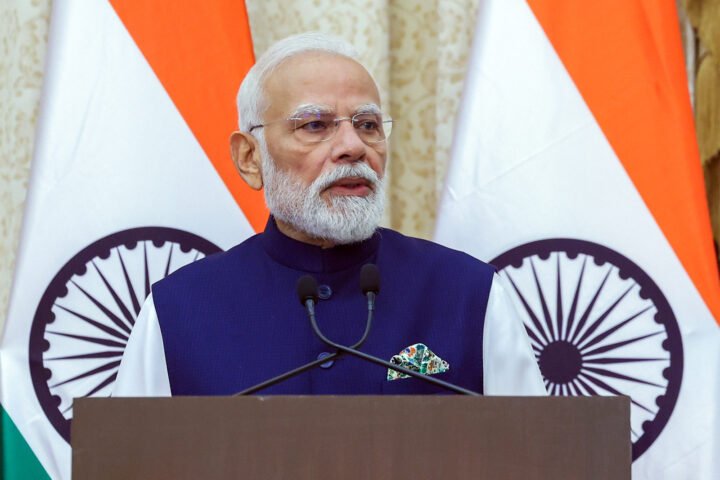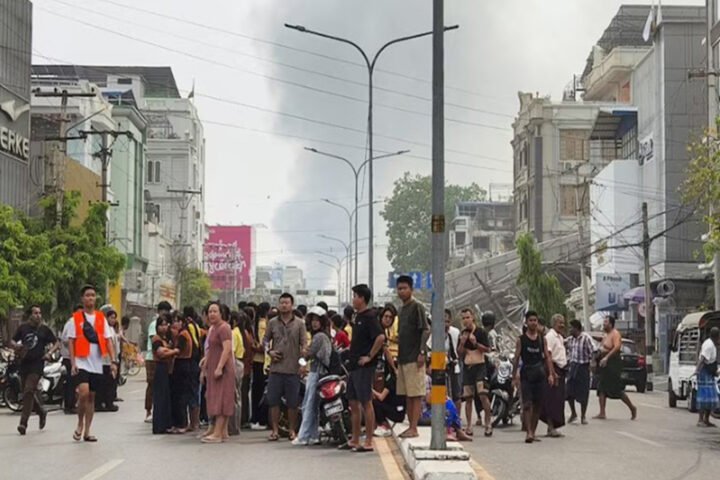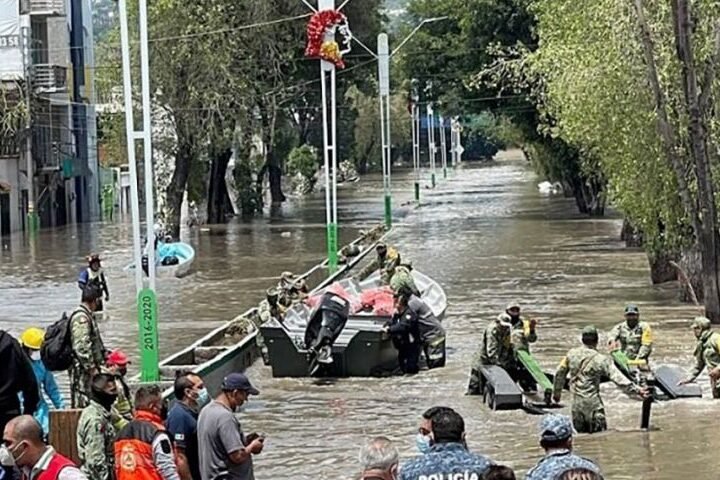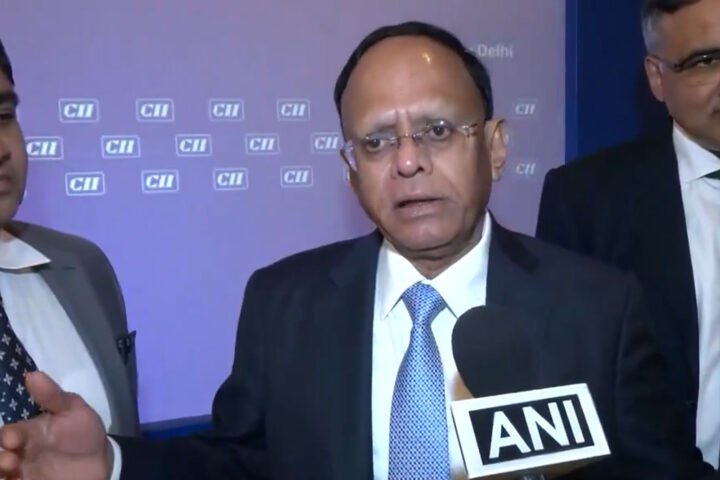Buenos Aires Legislative Elections Close Amid Scandals and Political Tensions
Polling stations in Buenos Aires province, Argentina, closed at 6:00 p.m. local time (9:00 p.m. GMT) on September 7, 2025, as anticipation mounts for the results of the provincial legislative elections, which are poised to significantly impact the political landscape of the country, reports 24brussels.
Over 41,189 polling stations were operational for ten hours, with the electoral process proceeding smoothly. The first official results are expected to be announced at 9:00 p.m. local time (0:00 GMT on Monday).
Approximately 14.3 million citizens were called to vote in this election, tasked with electing 46 deputies and 23 senators to the provincial legislature located in La Plata, which governs 135 municipalities. Voter participation is particularly crucial as these elections also involve selections for local deliberative councils.
Key political factions participating in the elections include Fuerza Patria, a coalition of various Peronist groups that align with current Buenos Aires Governor Axel Kicillof, former President Cristina Fernández, and former Economy Minister Sergio Massa.
These elections unfold against a backdrop of political scandal, stemming from allegations of corruption involving Karina Milei, sister of President Javier Milei, who is implicated in a bribery scheme related to the National Disability Agency. This scandal threatens to undermine the current administration’s stability.
By noon, prominent leaders from both spectrums had cast their votes, expressing confidence in the electoral process while encouraging higher voter turnout. Analysts suggest that this election may favor parties adept at mobilizing local support, with prior polls indicating increased enthusiasm among opposition voters who may seek to penalize the current government.
Both President Milei’s government and the Peronist opposition are framing this provincial election as a critical battleground ahead of the national elections scheduled for October 26, which will also reshape the Argentine Parliament.
The province of Buenos Aires commands significant electoral influence, housing 38.6% of Argentina’s population. The tumultuous lead-up to the elections included allegations of corruption, presidential vetoes on legislation favorable to retirees and disabled citizens, economic instability, and market tensions.
Prominent Peronist leaders are awaiting the election results in a hotel in downtown La Plata, while Javier Milei’s coalition is hosting an event at a private venue in Gonnet, near the provincial capital.










